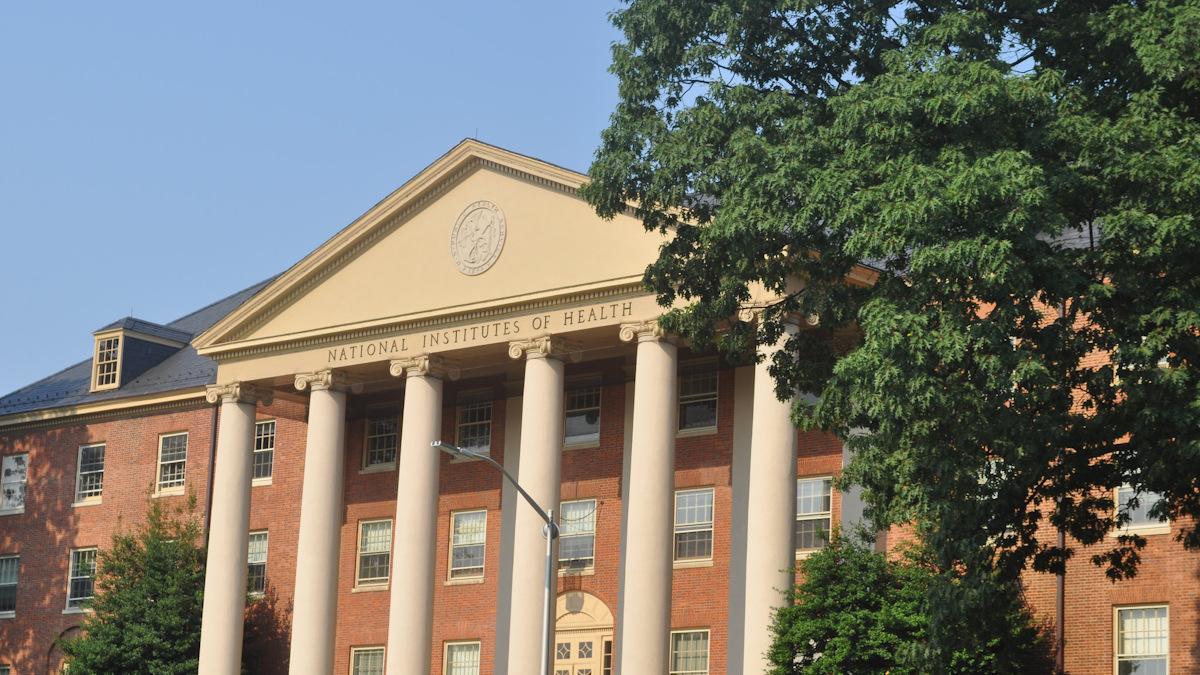NIH indirect funding cuts appals medical research groups

James H. Shannon Building (Building One), NIH campus, Bethesda, MD
Billions of dollars will be cut from medical research funding provided by the National Institutes of Health (NIH) in the latest money-saving programme launched by the Trump administration.
The agency – which provides medical research funding for universities, hospitals and other scientific institutions across the US – has said it will no longer fully support "indirect" costs borne by research teams, such as maintaining buildings and equipment and paying for administrative personnel.
The move – which will see the level of support for these costs by more than half to a maximum of 15% – will cut around $4 billion off the NIH annual budget, according to the agency. It has caused consternation in the US biomedical research sector, with reports that some research labs have already decided to close as a consequence.
In a notice, the NIH said that indirect costs accounted for around $9 billion of its $35 billion funding spend in fiscal 2023, and the current rate has been far higher than what is allowed by other funding groups such as the Gates Foundation which has a ceiling of 10%.
"The US should have the best medical research in the world," it asserted. "It is accordingly vital to ensure that as many funds as possible go towards direct scientific research costs rather than administrative overhead."
The decision comes after a range of restrictions were imposed on the NIH by the incoming administration, including orders to cancel meetings such as grant review panels, a freeze on hiring, and a travel ban.
Elon Musk, who heads up the Department of Government Efficiency (DOGE) tasked with cutting government spending, posted on X: "Can you believe that universities with tens of billions in endowments were siphoning off 60% of research award money for 'overhead'? What a ripoff!"
The change has been sharply criticised by groups representing medical researchers, who claim that it will threaten the US standing as a global power in science and impact US jobs, global competitiveness, and the skill level in the workforce.
Association of American Medical Colleges (AAMC) president and chief executive David Skorton said it will "diminish the nation's research capacity, slowing scientific progress and depriving patients, families, and communities across the country of new treatments, diagnostics, and preventative interventions."
Meanwhile, the American Council on Education (ACE) called the decision "short-sighted, naïve, and dangerous," adding that it will be "celebrated wildly by our competitors, who will see this for what it is – a surrender of US supremacy in medical research."












